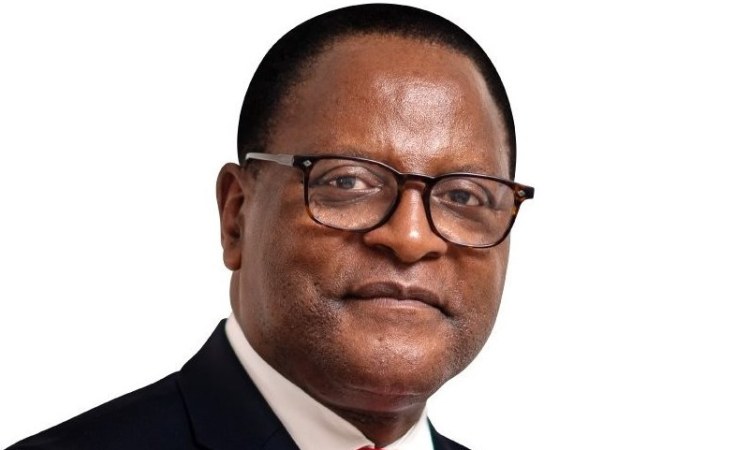Is the Presence of Foreign Electoral Observers Necessary in Africa?


The widespread tentacles of COVID-19 were once again experienced when the rerun of the Malawian elections took place in June 2020. Due to the pandemic, no foreign electoral observers were present, as they had to adhere to lockdown restrictions. In addition, flights were suspended, making travel impossible.
However, polling took place peacefully with no incidents reported. This gives rise to the question of whether the presence of foreign electoral observers is necessary for African elections. Increasingly, questions are being raised about their overall impact and effectiveness.
What is the Role of an Election Observer?
The role of independent electoral observers is to witness the election process. The aim is to determine whether it adheres to the national legislation. Observers monitor the entire process, not just the events of the election day. Monitoring teams are deployed by a number of international organizations, such as the European Union, the African Union, and the Commonwealth Secretariat.
In the past, the role of foreign electoral observers was considered a vital one. This is because credible and fair elections played an important role in emerging democracies.
African Nations have participated in the process
It is not only foreign electoral observers who come to Africa to monitor processes. African representatives too, participate in observer missions. For example, in 1989 the African Union observed Namibia’s Independence elections (as OAU). AU has since sent observers to elections taking place all over the African continent.
Why the growing disenchantment with Foreign Electoral Observers?
One bone of contention is that democratic processes are tied to donor aid. For example, in 2018 when Zimbabweans held their first elections after President Mugabe was toppled, the government of Zimbabwe invited foreign electoral observers for the first time in many years.
As stated by Aditi Lalbahdur of the South African Institute of International Affairs, the goal was to convince the international community that Zimbabwe had achieved stability. In addition, it was to demonstrate that Zimbabwe was ready to do business and that sanctions could now be lifted. Hence there was an ulterior motive behind the move to open the doors to international electoral observers.
Serious misgivings about the role of Independent electoral observers were however raised after the Malawi elections of May 2019.
The outcome of the Elections in Malawi in 2019
The Malawi presidential elections in May 2019 were marred by serious irregularities. This led the opposition candidates Lazarus Chakwera and Saulos Chilima to move to court to file a complaint. The court nullified the process and ordered fresh elections.
The Constitutional Court stated in its ruling that there was evidence of vote tampering. Thousands of ballots were altered using correction fluid, there were duplicate result sheets, and some of the sheets were unsigned.
The Part Played by the Foreign Electoral Observers in Malawi
The reports filed by the foreign electoral observers failed to highlight these shortcomings.
Oren Gruenbaum stated in the Commonwealth Journal of International Affairs:
”The first election raised questions about the usefulness of foreign election observers. The interim statement of the Commonwealth Observer Group, led by the former South African president Thabo Mbeki, was lavish in its praise, noting: ‘The tallying process largely followed stipulated procedures … counts, in general, were transparent … election officials conducting the process in a deliberate and careful manner, following the prescribed procedures … high level of confidence in the integrity, capacity, and competency of MEC”
Similarly, Luke Tyburski stated in Foreign Policy Insider:
‘’election observers are facing a growing crisis of credibility. Observers’ inability to credibly weigh in on the validity of results in Kenya in 2017, the Democratic Republic of the Congo in 2018 and now Malawi in 2019 is deeply unsatisfying’’
It is no wonder, therefore, that Zimbabwe’s President Emmerson Mnangagwa is proposing that future elections held in Southern African countries should be minus foreign electoral observers.

Speaking at a State dinner hosted for the visiting Malawian president Lazarus Chakwera, President Mnangagwa stated that Malawi successfully held the election rerun without the presence of foreign poll observers. He said that this indicated that they are not needed.
As quoted by the Nation newspaper, he went on to say:
“This makes us think whether it’s still necessary for future for SADC countries to look for supervision from across oceans’’
Moving forward it has been suggested that domestic observers are empowered to play a more active role in electoral proceedings. The reason being, they have a deeper understanding of the prevailing political climate and cultural forces and hence will be more effective. This may deem the supervision of outsiders unnecessary.







Responses